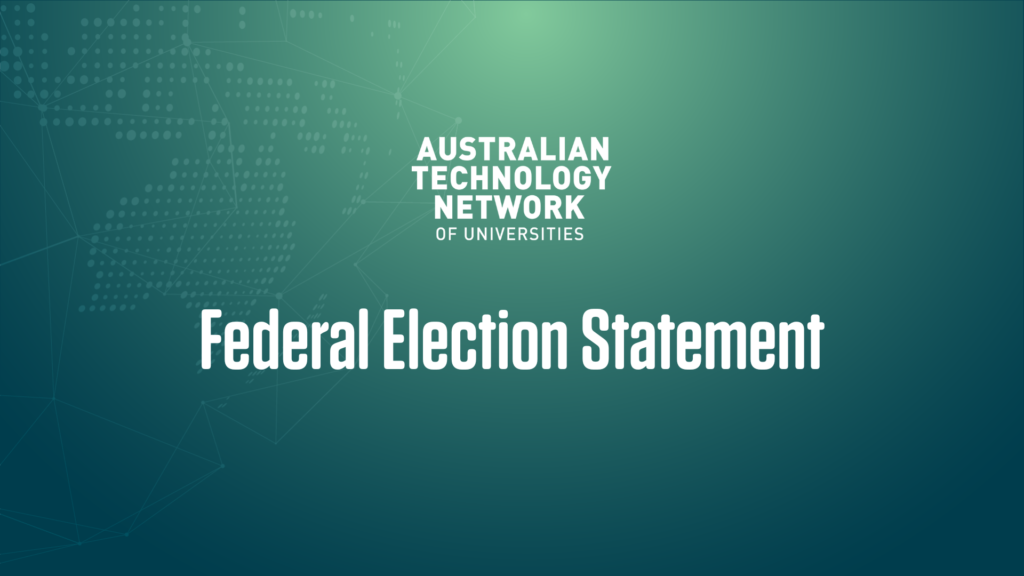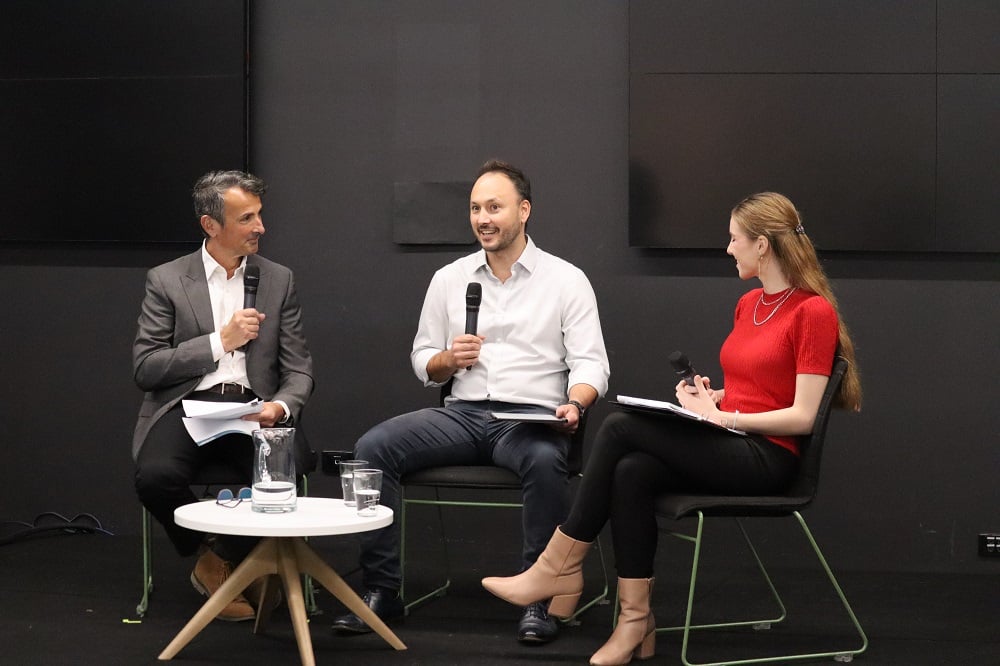Opinion : ATN Universities ED on international students
What’s behind ATN Unis call for a 35pc international student capBy Dr Ant Bagshaw

Leaders from the Australian Technology Network’s six member universities [Curtin University, Deakin University, RMIT University, The University of Newcastle, University of South Australia and University of Technology Sydney] have written to Education Minister Jason Clare to advocate for a pragmatic solution on international student caps.
They recognise that the government seeks to manage the system in a way that avoids over-concentration of international students, and which promotes the integrity, sustainability and diversity within Australian higher education. We don’t need micromanagement of enrolments by program of study. It’s controls at the level of the whole institution that make most sense.
Setting a limit – where around one in three students comes from overseas – should provide confidence to the public that Australian universities are striving for Australians.
We know international students enrich our institutions through global perspectives, and that their choice to study in Australia means our universities are more financially resilient.
International students’ tuition fees support our universities to provide an excellent education for domestic and international students alike, to invest in essential capital works so that our universities have world-class facilities, and to pay for the research from which we all benefit.
This proposal sits in context. The government has announced its plans for “managed growth targets” for domestic students, and has revealed some of the shape of the new Australian Tertiary Education Commission.
Anyone who has been following the Universities Accord process knows change is upon us. The changes to the sector are for a more managed system, one with greater planning and “system stewardship”. This is not a wholesale rejection of the market principles that have dominated Australian higher education in recent years, but it provides for a rebalancing. No longer are market mechanisms the dominant policy approach.
If this is the settlement for our universities, we need to seek reasonable ways of working with governments to find policy solutions. One part of that jigsaw puzzle is international students, but all the pieces need to come together.
The Universities Accord outlines in detail the challenges facing universities if they are to grow enrolments to educate students for the jobs of the future, and to fund the true costs of the research that is vital for innovation and social progress.
We have been promised a new settlement on needs-based funding for domestic students to ensure universities have the resources they need to help every student to succeed. And we look forward to the vital review of research funding.
Given that not all the pieces are yet in place, we’re experiencing acute turbulence in the policy environment. For the new system to work, we need to smooth the transition, and not to lose what is great about our universities.
Right now, we need more certainty for students applying for visas, confidence that those visa applications will be processed efficiently and fairly, and the consequent stability for institutions.
Universities need time to adapt to new models. This is not simply pleading for a delay for its own sake, but a genuine need based on the long cycles in which university recruitment and admissions work. We must have time to adjust and plan for the new conditions.
We understand that universities will have agreements with the ATEC to set enrolment targets for domestic students, and limits for international enrolments. While those negotiations need to be nuanced for individual institutions, overarching goals – such as a 35 per cent cap on international enrolments – help shape the parameters of the discussion.
At ATN, we look forward to working with government to ensure the package of reforms works holistically. Our universities seek to understand this reform agenda, to inform it where we can, and to work in partnership to deliver what society needs.
We’ll continue to look for ways in which the whole sector can thrive, and with every institution fulfilling its unique mission. But we won’t just argue for the status quo.
Dr Ant Bagshaw is executive director of the Australian Technology Network of Universities.

